Video in higher education
From lecture recordings and specially-produced instructional films to the analysis of videographic case studies - videos can be used as helpful supplements to face-to-face teaching or a basis for new teaching scenarios.
Below you will find comprehensive information, scenarios and examples of application for the use of videos in university teaching. The Support Center Innovative Teaching & Learning Technologies University of Bern (ILUB) is available to advise you on the implementation. Request an individual consultation, training tailored to your institute's needs or visit one of the next courses (usually in German). You can also contact us if you would like to have a professional video made (for a fee).
Short-URL to this page: www.lehre.unibe.ch/video
Flyer for download: Video in teaching (PDF)
Professional video production: www.lehre.unibe.ch/videoproduction
Production and publication of videos
Podcast & Live Streaming - Record lectures and broadcast them live
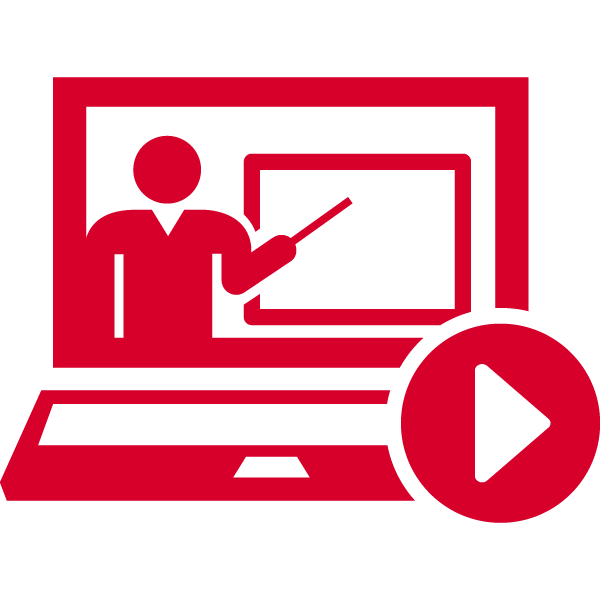 At the University of Bern, over 50 lecture halls are equipped with podcast and live-streaming infrastructure. This infrastructure, along with the Opencast software, allows lectures, conference presentations, or other events to be easily recorded, edited, published, and now also streamed live. More...
At the University of Bern, over 50 lecture halls are equipped with podcast and live-streaming infrastructure. This infrastructure, along with the Opencast software, allows lectures, conference presentations, or other events to be easily recorded, edited, published, and now also streamed live. More...
Educational videos – planning and creation
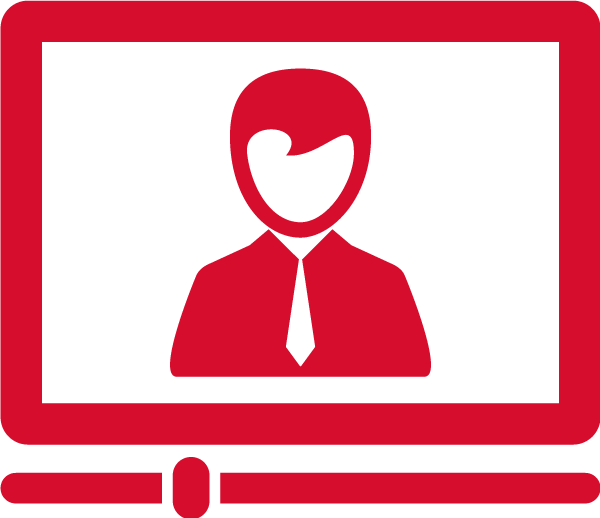 Learning videos can be produced with various production techniques, with more or less effort. Furthermore, they can be used in numerous didactic settings such as the Inverted Classroom. We will be delighted to advise and support you with technical equipment, software, tips and tricks for creating learning videos. More...
Learning videos can be produced with various production techniques, with more or less effort. Furthermore, they can be used in numerous didactic settings such as the Inverted Classroom. We will be delighted to advise and support you with technical equipment, software, tips and tricks for creating learning videos. More...
Publication of Videos
![]() There are several online platforms for publishing your videos. We present a selection and consider important aspects of the levels of public access. More...
There are several online platforms for publishing your videos. We present a selection and consider important aspects of the levels of public access. More...
Working with Videos - Use Case Scenarios in Teaching and Research
Overview of All Scenarios (Video in German)
Inverted Classroom – Acquiring knowledge at home, applying the content on-site
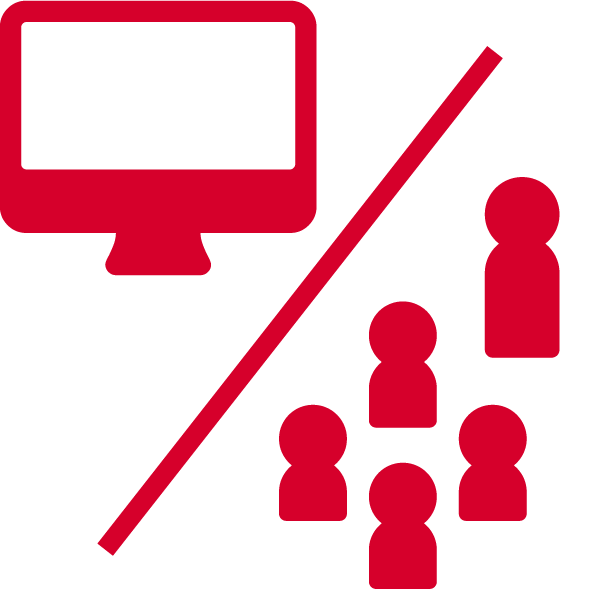 The students work on the learning content at home with the help of instructional videos or podcasts. The knowledge is processed, deepened, or applied during the course under the teacher's supervision. More...
The students work on the learning content at home with the help of instructional videos or podcasts. The knowledge is processed, deepened, or applied during the course under the teacher's supervision. More...
Students are Producing Learning Videos
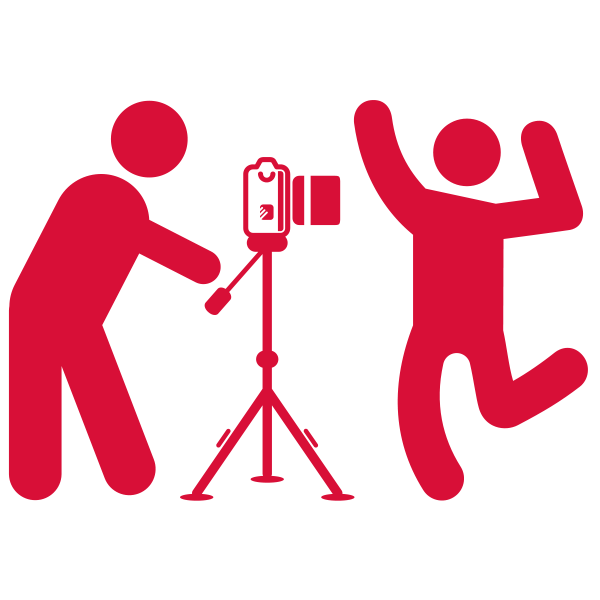 Students produce an explainer video on a given or self-chosen topic. Well-made videos can be reused in subsequent semesters. Mehr...
Students produce an explainer video on a given or self-chosen topic. Well-made videos can be reused in subsequent semesters. Mehr...
Online Video Analysis – for theory-based case analysis or in research projects
 The Annotation Tool of Opencast is available for analyzing videos in teaching and research. The analysis is performed online and accessed via ILIAS. Possible application scenarios include case-based learning with video cases, enhanced podcasts, or video analysis for research purposes. More...
The Annotation Tool of Opencast is available for analyzing videos in teaching and research. The analysis is performed online and accessed via ILIAS. Possible application scenarios include case-based learning with video cases, enhanced podcasts, or video analysis for research purposes. More...
Video-based self-reflection & peer coaching
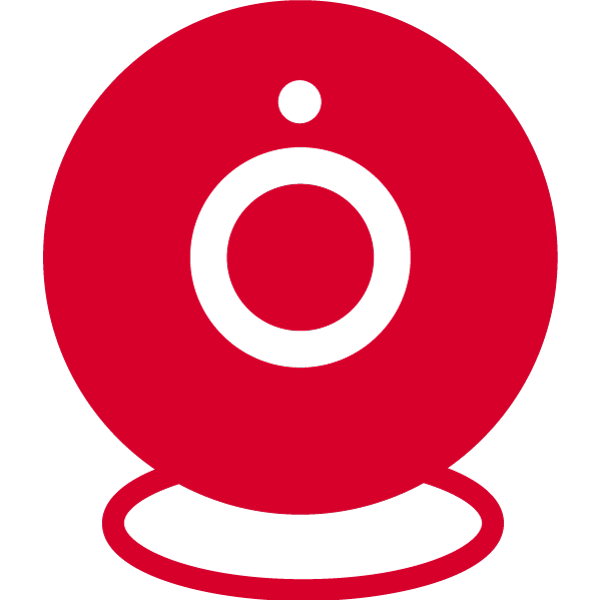 If students are recorded while completing a task (e.g., during communication training or in rhetoric courses), these videos represent a promising source for reflective learning. With the solutions provided by the University of Bern, both video-based self-reflection and video-based peer coaching are possible. Thanks to the individual rights management in ILIAS, students only see their own video (or their partner's video) and can analyze it in video annotation mode. More...
If students are recorded while completing a task (e.g., during communication training or in rhetoric courses), these videos represent a promising source for reflective learning. With the solutions provided by the University of Bern, both video-based self-reflection and video-based peer coaching are possible. Thanks to the individual rights management in ILIAS, students only see their own video (or their partner's video) and can analyze it in video annotation mode. More...
Video communication
Collaboration with videotransmission
 Lecturers, employees and students at the University of Bern may use mobile video software on their personal devices or in a special room for communicating and collaborating. There are several possible settings and variants depending on different needs. More...
Lecturers, employees and students at the University of Bern may use mobile video software on their personal devices or in a special room for communicating and collaborating. There are several possible settings and variants depending on different needs. More...



